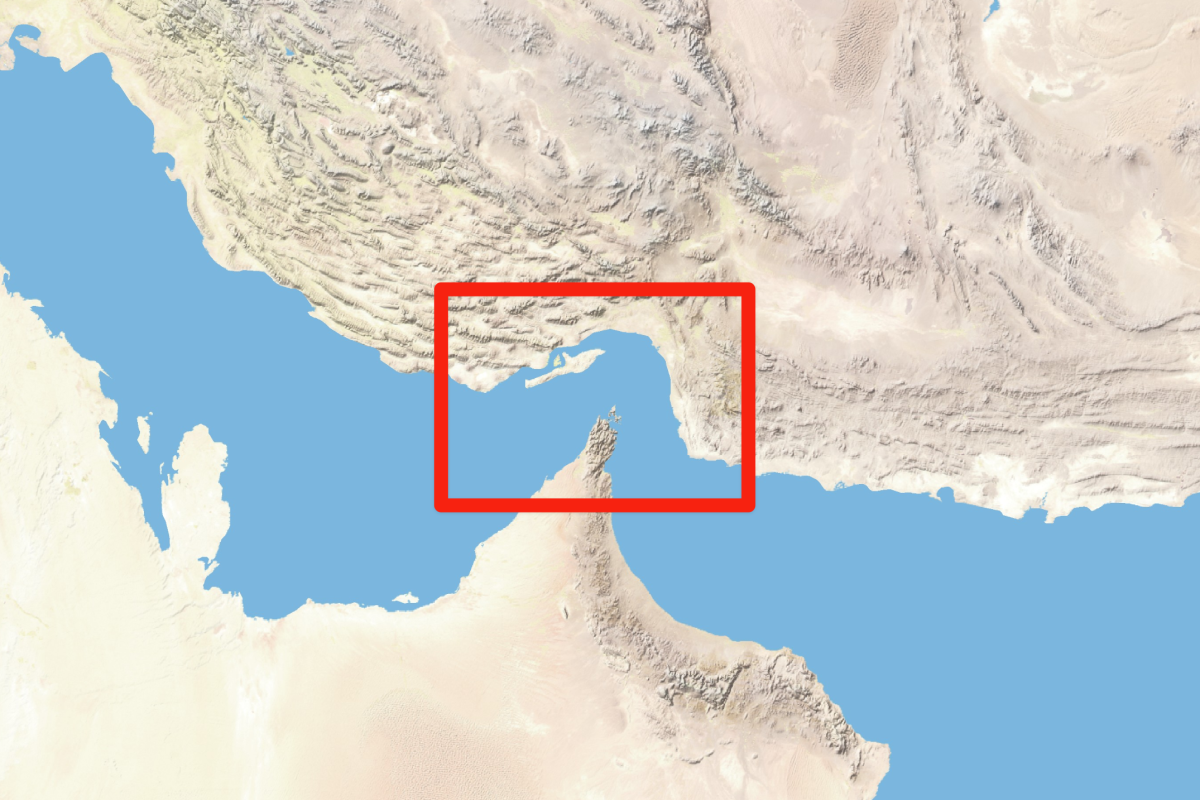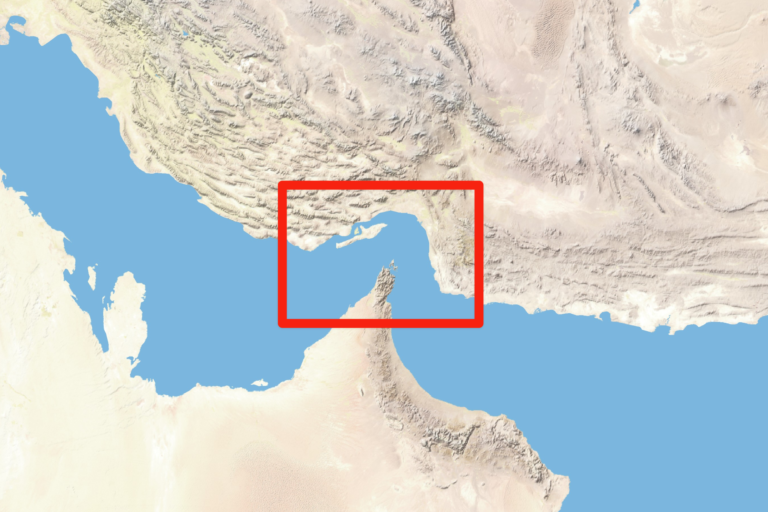Iran has warned that it could shut the Strait of Hormuz, one of the world’s most critical oil transit chokepoints, in retaliation for U.S. involvement in its conflict with Israel.
“If the United States officially and operationally enters the war in support of the Zionists (Israel), it is the legitimate right of Iran in view of pressuring the U.S. and Western countries to disrupt their oil trade’s ease of transit,” Ali Yazdikhah, a senior Iranian lawmaker, was quoted as saying by the semi-official Mehr news agency on Thursday.
“Iran has numerous options to respond to its enemies,” Behnam Saeedi, a member of the parliament’s National Security Committee presidium was quoted as saying. “Closing the Strait of Hormuz is one of the potential options.”
The officials spoke amid heightened tensions as President Donald Trump is reported to be inching closer to ordering military strikes on Iran’s nuclear facilities.
Newsweek has contacted the White House for comment by email.
Why the Strait of Hormuz Matters
The Strait of Hormuz is a narrow waterway connecting the Persian Gulf to the Gulf of Oman and the Arabian Sea. At its narrowest point, the strait is about 21 miles wide, with two shipping lanes two miles wide in each direction.
The strait handles around 26 percent of global oil trade, making it one of the most strategically important maritime passages in the world.
The International Energy Agency notes that any disruption to flows through the strait would have significant consequences for world oil markets.

Newsweek/Esri
Can Iran Close the Strait?
Iran has long asserted that it can shut down the Strait of Hormuz. While the strait can’t be “closed” in the traditional sense – like shutting a road – Iran could attempt to make the waterway too dangerous for commercial passage, effectively disrupting global shipping.
During the Iran-Iraq War in the 1980s, Iran targeted oil tankers and oil loading facilities with mines and missiles, including Chinese-made Silkworm cruise missiles, and used speedboats to harass tankers. These actions did not fully block the strait but caused sharp increases in shipping insurance premiums and delayed maritime traffic.
According to a 2012 report by the U.S. Congressional Research Service (CRS), Iran could try to obstruct the strait in phases.
“Iran might begin with a less violent option and progress over time to more violent ones, or implement a combination of highly violent options from the outset,” it said.
Possible measures cited in the report included:
Declaring the strait closed to shipping without without stating explicitly what the consequences might be for ships that attempt to transit those watersDeclaring more explicitly that ships transiting the strait or other parts of the Persian Gulf are subject to being intercepted and detained, or attackedFiring warning shots at ships transiting the strait or other parts of the GulfDeploying sea mines in the strait and other parts of the GulfUsing submarines, surface ships, shore-based cruise missiles, and aircraft to attack foreign naval ships operating in waters outside the Strait
What Would Happen?
Iran moving to shut the Strait of Hormuz would likely invite a strong international military response.
“An outright closure of the Strait of Hormuz… at present, this appears to be a low probability event. Were this to occur, it is not likely to be prolonged,” said the CRS.
“It would likely trigger a military response from the United States and others, which could reach beyond simply re-establishing strait transit,” it added.
“Iran would also alienate countries that currently oppose broader oil sanctions. Iran could become more likely to actually pursue this if few or no countries were willing to import its oil.”
What People Are Saying
President Donald Trump told reporters on Wednesday: “I’m not looking to fight. But if it’s a choice between fighting and [Iran] having a nuclear weapon, you have to do what you have to do, and maybe we won’t have to fight.”
Ayatollah Ali Khamenei, Supreme Leader of Iran, said in a public address: “The Americans should know that any U.S. military intervention will undoubtedly be accompanied by irreparable damage. The U.S. entering in this matter is 100 percent to its own detriment. The damage it will suffer will be far greater than any harm that Iran may encounter.”
What Happens Next?
The foreign ministers of Germany, France and Britain have scheduled nuclear talks in Geneva on Friday with Iranian Foreign Minister Abbas Araqchi, according to Reuters.

More
Kevin Dietsch/Getty Images


